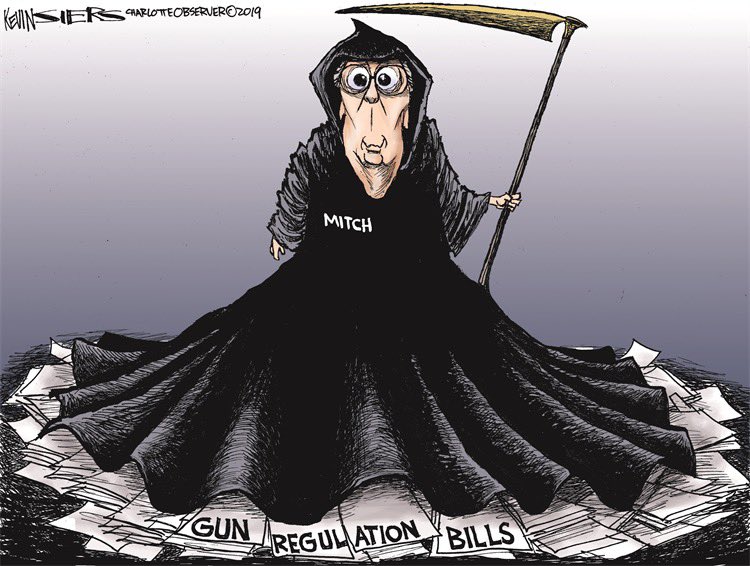"The Role of History Educators in a Time of Crisis" with @chriscmartell @HSGlobalHistory @TrevorGetz4
What *needs* to happen in history education?
a few thousand self-identified historians/professors in US
BUT
1.1 million elementary generalists are often overlooked when considering 'who teaches history'
Decline of history majors is bad news for public ed
3/x
Example: experts who lecture to teachers for 90 minutes as "professional development" but that's not really what we want/need from those experts
4/x
* undergrad/grad level history courses
* content-focused PD like @NEHgov institutes
* history books (but *not* journal articles ... sorry)
* social media [hello!! :)]
()
5/x
@chriscmartell followed 42 historians and got 33 follow-backs
bit.ly/bridginghistor…
#sschat
6/x
* historians & educators can learn about each other's work
* engage together about classroom activities
7/x
"We need to move from historian/teacher interaction to collaboration."
We need more historians and teachers presenting at each other's conferences
"We need to utilize more digital platforms for sharing"
[shoutout to @VisionsOfEd !!]
9/x
Model = @umassboston intersection of historians & teachers presenting *together* at PD
10/x
"In 2013, NYCDOE central office was content-agnostic" -- not much focus on disciplinary development for SocSt educators
2014: new NY frameworks & potential test changed that
11/x
12/x
45 unit guides(!)
"Having a K-8 curriculum let us think about what 9th graders enter HS able to do"
13/x
In other words, history educators must translate historical research results into developmentally-appropriate material.
14/x
the Passport curriculum includes 1-3 page organizers for concepts like "turning points" (sorry, I didn't get to take a photo of that slide)
16/x
weteachnyc.org
17/x
"Learning how to teach students to teach like historians was definitely a learning curve ... greatest growth came from becoming a curriculum writer"
18/x
"They love the idea that you are including them in history-making."
19/x
What is the purpose of the intro survey course? (inspired by @CraigPerrier)
20/x
"I didn't really engage with history education until" getting involved with Passport curriculum development
Learned about backward-design etc. for the 1st time as part of that process
21/x
22/x
"That brings me back to why these survey courses exist."
23/x
Lack of vertical integration from "12th to 13th and 14th grade" is problematic
Professors don't know what Ss learned in HS. "They just have an innate distrust" of what was done then.
24/x
@HSGlobalHistory asks "What should be the next steps?"
@TrevorGetz4: It will take a 'cultural shift' at the college level.
@chriscmartell: While working at a different school of ed "I had to beg history dept faculty to talk to me"
25/x
@TrevorGetz4: "We don't know what we don't know. We think we're good teachers" based on student evals. Recommends reading works of @samwineburg to self-reflect.
#AHA20
26/x
@TrevorGetz4 has another recommendation: @cjdenial's blog for more ideas about pedagogy
27/x
28/x
@chriscmartell: the challenge of utilizing whole book, but a short blog piece about their work COULD be used by tchrs
29/x
#AHA20
30/x
@HSGlobalHistory suggests that Ts do what we want Ss do: investigate beyond just 1 source like SHEG. What else is out there?
31/x








